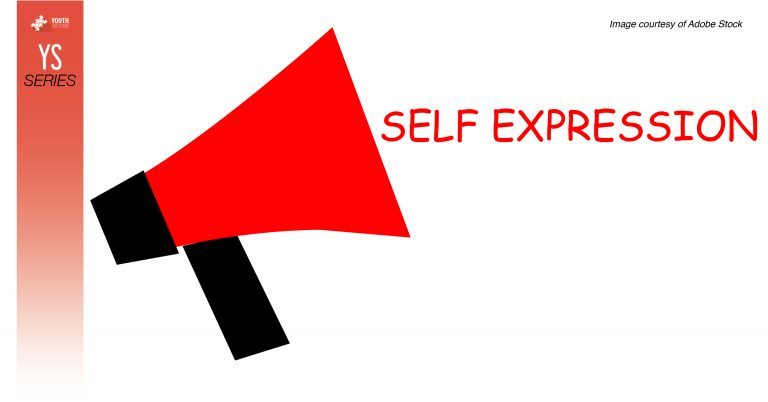

Disconnected by Design: Why the Digital Divide Still Hurts Students
Imagine showing up to school every day without your backpack or books—and still being expected to keep up. That’s the

When Having More is Sometimes Having Less
Here’s a common pandemic question: What should I watch tonight? Simple enough, right? We live in the greatest society ever

The art of self-expression
You’re sitting in class and your neighbor hastily asks to copy answers from your book. You open your mouth to

Manifesting Your Thoughts Into Reality
The process of manifesting your thoughts into reality is called the Law of Attraction in pseudoscience. Law of Attraction is

Knowing Yourself
“Knowing yourself is the beginning of all wisdom.” ~ Aristotle The above saying is a very ancient one, but

The Importance Of Critical Thinking
After much effort, as names, definitions, sights, and other data of sense, are brought into contact and friction one with

Why Climate Change Is Important
What is climate change? Climate is the weather condition within a place in a certain period of time. Climate












